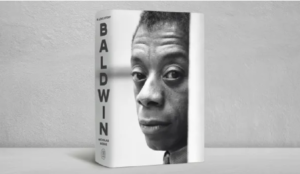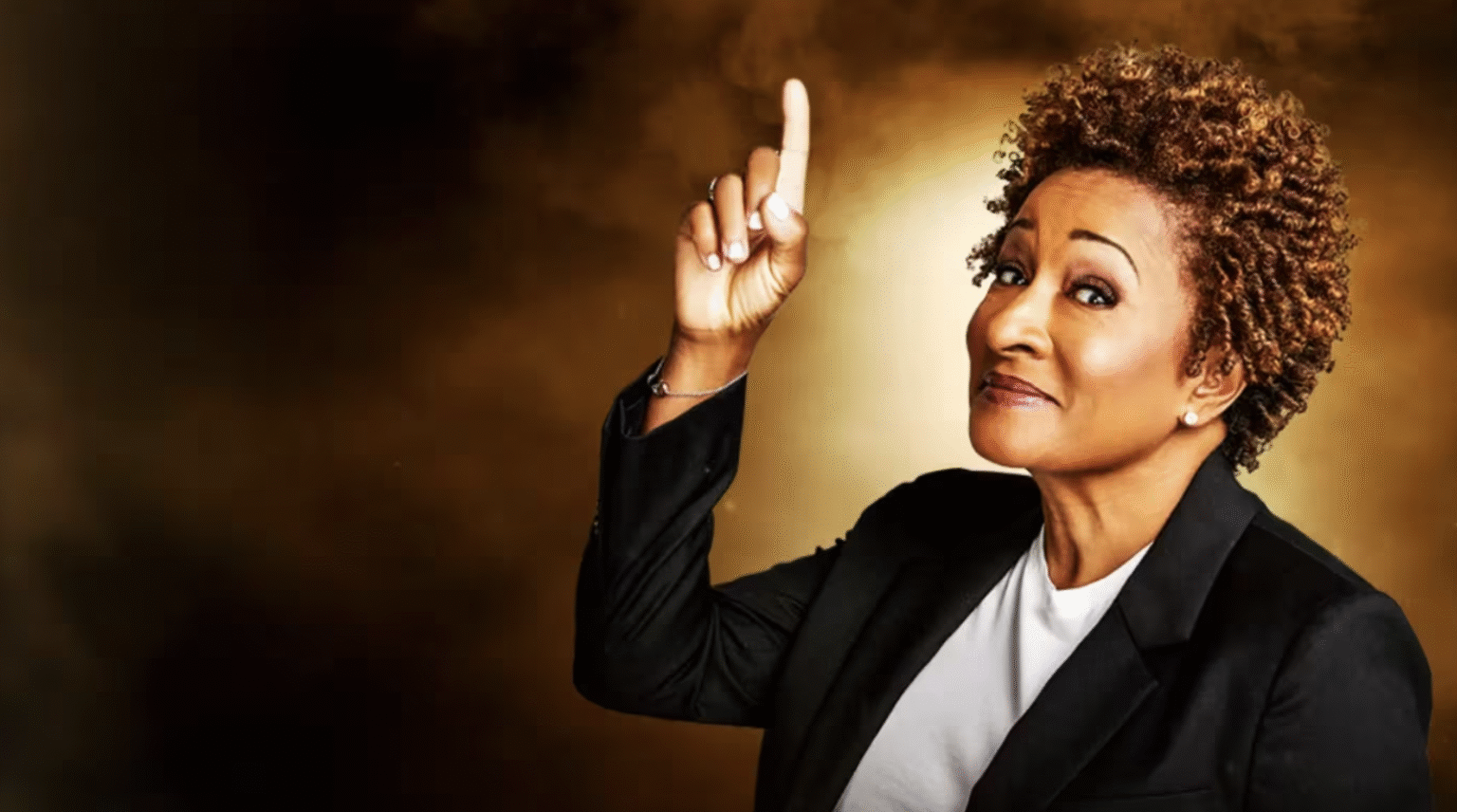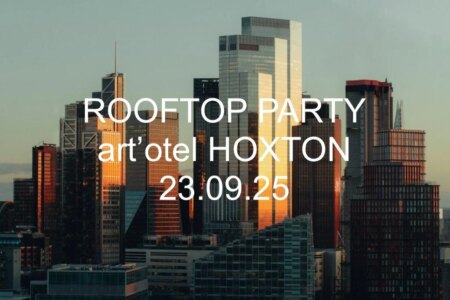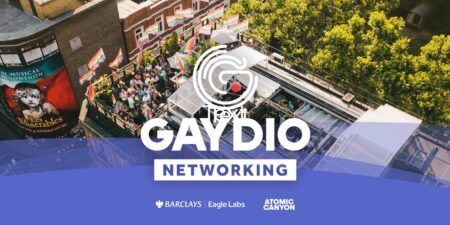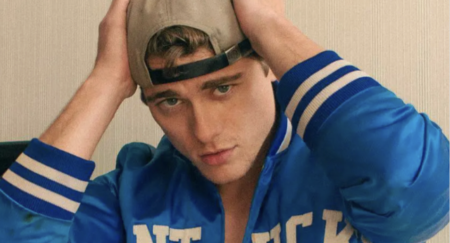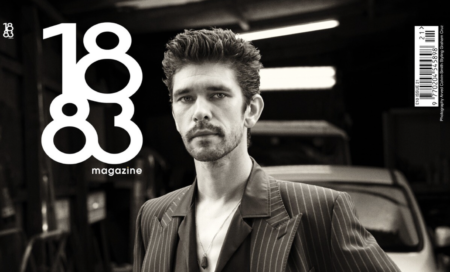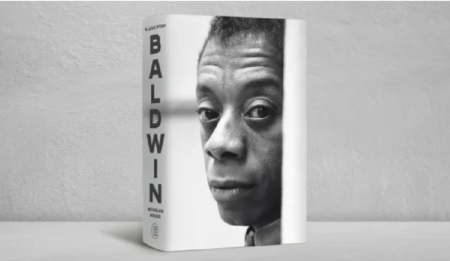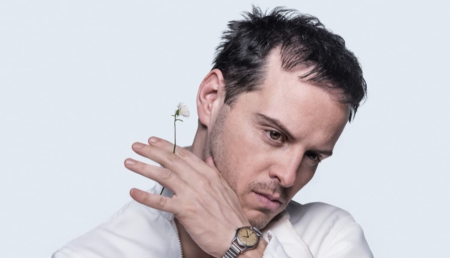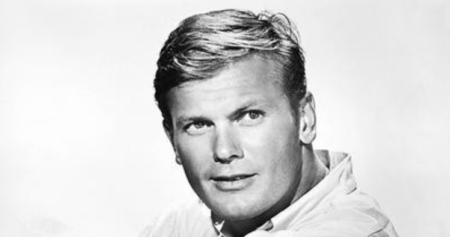In a recent interview with Variety, acclaimed comedian Wanda Sykes gave her two-penny-worth on the Riyadh Comedy Festival in Saudi Arabia, where some prominent British and American comedians performed despite widespread criticism. The event was condemned by Human Rights Watch, which argued that it served to distract from Saudi Arabia’s ongoing suppression of free speech and other serious human rights violations. Performers were urged to advocate for detained activists and journalists, but the festival’s terms reportedly prohibited any criticism of the Saudi government.
Sykes, reflecting her identity as a Black gay woman, expressed discomfort with the idea of performing in Saudi Arabia due to its treatment of LGBTQ+ people. ‘I have no business there; I wouldn’t feel comfortable with the treatment of the LGBT,’ she said. She acknowledged that fellow comedian Jessica Kirson did attend and intended to speak about being a lesbian, but Kirson later issued an apology and donated her profits to a human rights organisation. Criticising the festival’s censorship, Sykes labelled it ‘anti-comedy’, highlighting the irony that comedians who often decry ‘cancel culture’ accepted these conditions to perform under a regime that stifles free expression.
The broader backlash extended beyond Sykes’ comments. Human Rights Watch went further by publicly rejecting donations from comedians who appeared at the festival, emphasising its position that these artists still had the opportunity to leverage their platforms to call for the release of unjustly detained Saudi activists. The organisation lamented that none of the performers had taken up this call, reinforcing concerns that the festival was being used to whitewash the country’s repressive image.
Defending participation in the festival, comedian Whitney Cummings described the criticism as bordering on racism, arguing that not all people in Saudi Arabia endorse their government’s policies. She also noted that many comedians are already financially linked to Saudi interests through companies with ties to the Saudi Public Investment Fund. Meanwhile, Jimmy Kimmel confronted comedian Aziz Ansari about his decision to perform there, probing the ethical dilemma of accepting money from a regime with a questionable human rights record. Ansari responded that he had carefully considered the issue and sought personal advice before deciding to take part.
Sykes also discussed her experience navigating political divides closer to home, revealing that she has Republican friends who supported Donald Trump, but that political discussions are often avoided for the sake of civility. Though her comedy tour, Please & Thank You, calls for societal politeness and respect, she admitted, ‘We don’t bring it up.’ She also recalled a troubling moment when ABC ceased airing Jimmy Kimmel Live! due to pressure from the Trump administration, demonstrating the fraught cultural and political climate she continues to contend with. Despite the controversies surrounding the festival and Trump-era politics, Sykes remains outspoken about issues of free speech and justice, maintaining a clear-eyed stance on where she draws the line.
Source: Noah Wire Services





